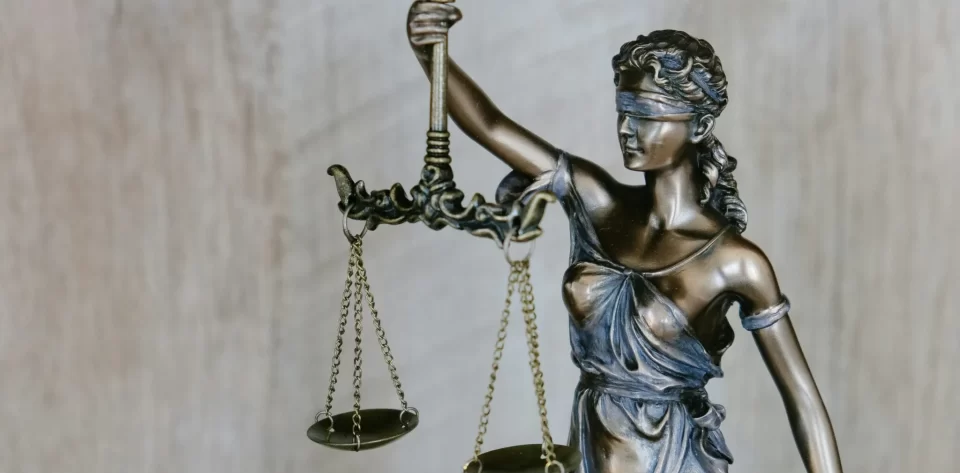|
|
Last Modified on Oct 31, 2024
This term, the Supreme Court is deciding Esteras v. United States, a case that could reshape sentencing for individuals who violate conditions of their supervised release, potentially shifting the focus from rehabilitation to a blend of punishment and rehabilitation. The central question is whether judges should be allowed to weigh punishment-related factors—like the seriousness of the offense, promoting respect for the law, or ensuring just punishment—when sentencing someone for violating supervised release.
The case involves three defendants previously convicted of felonies, who completed their sentences and were released to a period of supervised release, with conditions. Each violated terms of their release and received additional federal prison time, on top of any related state sentences rising out of the same violation. The defendants argue that supervised release was meant to be rehabilitative, focusing on reintegration rather than punishment, and that Congress’s omission of punishment-related factors from the supervised-release statute, 18 U.S.C. § 3583(e), supports this. Allowing the consideration of these factors, they argue, risks creating overlapping punishments, granting judges too much discretion, and possibly, Constitutional violations. They emphasize the “parsimony principle,” which directs courts to impose a sentence sufficient, but not greater than necessary, to meet the purposes of sentencing: just punishment, deterrence, public protection, and rehabilitation.
If the Court rules for the defendants, it will create a stricter boundary around supervised release, focusing on just penalties without giving judges discretion to consider the same factors they consider at a defendant’s initial sentencing for a criminal offense. This would shorten potential sentences for supervised release violations, clarifying that supervised release is meant to help individuals meet release conditions without extra penalties.
If the Supreme Court rules for the government, judges will continue to be able to consider broader factors when sentencing someone for violating supervised release terms, affirming the courts’ use of the factors outlined in 18U.S.C. 3553(a) (seriousness of the offense, promoting respect for the law, or ensuring just punishment). This could reinforce courts’ ability to impose up to five additional years of prison time based on the violation’s severity. Judges will continue to have flexibility to impose stricter sentences, especially for serious violations, emphasizing deterrence and accountability. However, this might also create sentencing disparities, as outcomes could vary based on each judge’s approach. Overall, the ruling would move supervised release closer to a punitive extension of the original sentence rather than a strictly rehabilitative phase.
This decision will set an important precedent, either reinforcing supervised release as a pathway to reintegration or broadening judicial authority to include punishment in response to violations. Either way, it will influence how federal courts balance support and accountability in supervised-release cases.
Lorraine Gauli-Rufo and LGR Law Group focus on defending federal charges brought in New Jersey or in Manhattan, New York, and White Plains. If you or a loved one is facing federal criminal charges or is under investigation by federal agents or have been contacted by a federal agent or an Assistant United States Attorney, we can help you. Ms. Gauli-Rufo and her team have successfully defended people charged with crimes throughout New York and New Jersey. They have obtained acquittals of many charges and have been able to obtain reduced charges and below Guideline sentences (including probationary sentences) in thousands of cases over the last 30 years. Our representative cases include healthcare fraud, bank fraud, wire fraud, mail fraud, internet and computer fraud, securities fraud, Hobbs Act Robbery, Firearm and gun charges, drug offenses, RICO charges, gang crimes, and more. We also handle appeals and habeas matters. We have appeared and argued in both the Third Circuit Court of Appeals and the Second Circuit. We offer a free 15-minute consultation and defense strategy session for all potential clients. Call today to schedule an appointment with our experienced and trusted criminal defense lawyers. Call (973) 239-4300 or contact us from our website www.lgrlawgroup.com or email us at [email protected].





